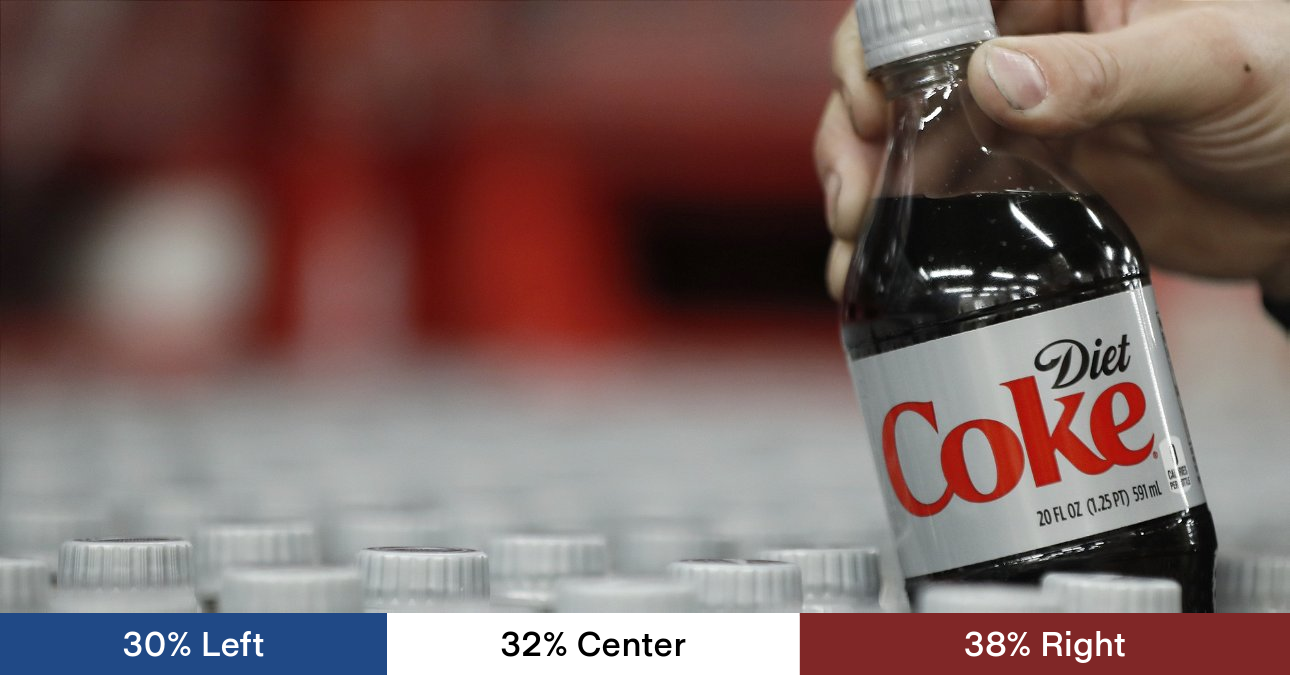Aspartame is also linked in some studies to weight gain, GI disorders, mental health issues and more:
According to some studies, aspartame and other artificial sweeteners can lead to weight gain instead of weight loss 12. Aspartame has been linked to increased appetite, diabetes, metabolic derangement and obesity-related diseases 2.
One study showed that aspartame causes greater weight gain than a diet with the same calorie intake but no aspartame 1. Another study found that even acceptable daily intakes of aspartame might make you hungrier and lead to weight gain 3.
…some research suggests an association between aspartame intake and metabolic damage to the central nervous system (CNS), such as changes in enzyme and neurotransmitter activities 2. Aspartame acts as a chemical stressor by elevating plasma cortisol levels and causing the production of excess free radicals. High cortisol levels and excess free radicals may increase the brain’s vulnerability to oxidative stress which may have adverse effects on neurobehavioral health 3.
There is also some evidence that high-aspartame consumption may lead to weaker spatial orientation, irritability, depression, and other neurobehavioral conditions 14. However, these studies are limited in scope and further research is needed to determine the long-term effects of aspartame on human health.
Worth researching more, especially if you eat/drink anything with this stuff - and it’s in a lot of food products.



Um. Just to point out a couple of things here:
“According to ISA, aspartame is one of the most-thoroughly researched ingredients in history…”
ISA is the International Sweeteners Association. I hope that speaks for itself?
And that the International Council of Beverages Association would defend it is similarly unsurprising, as they have a vested interest.
You are minimizing a WHO body with industry shill talking points and people are upvoting it because it sounds convincing.
While you are pointing out correct things, you are missing the forest for the trees.
Here is a better article: https://www.reuters.com/business/healthcare-pharmaceuticals/whos-cancer-research-agency-say-aspartame-sweetener-possible-carcinogen-sources-2023-06-29/
The IARC makes its carcinogenic categorizations mutually exclusive from dosing. If a substance is known to be carcinogenic at unrealistic amounts, it will still be labeled as carcinogenic. They don’t’ bring the human dosing element into play.
There is another WHO organization called the JEFCA that does actual food safety, with the context of a human being.